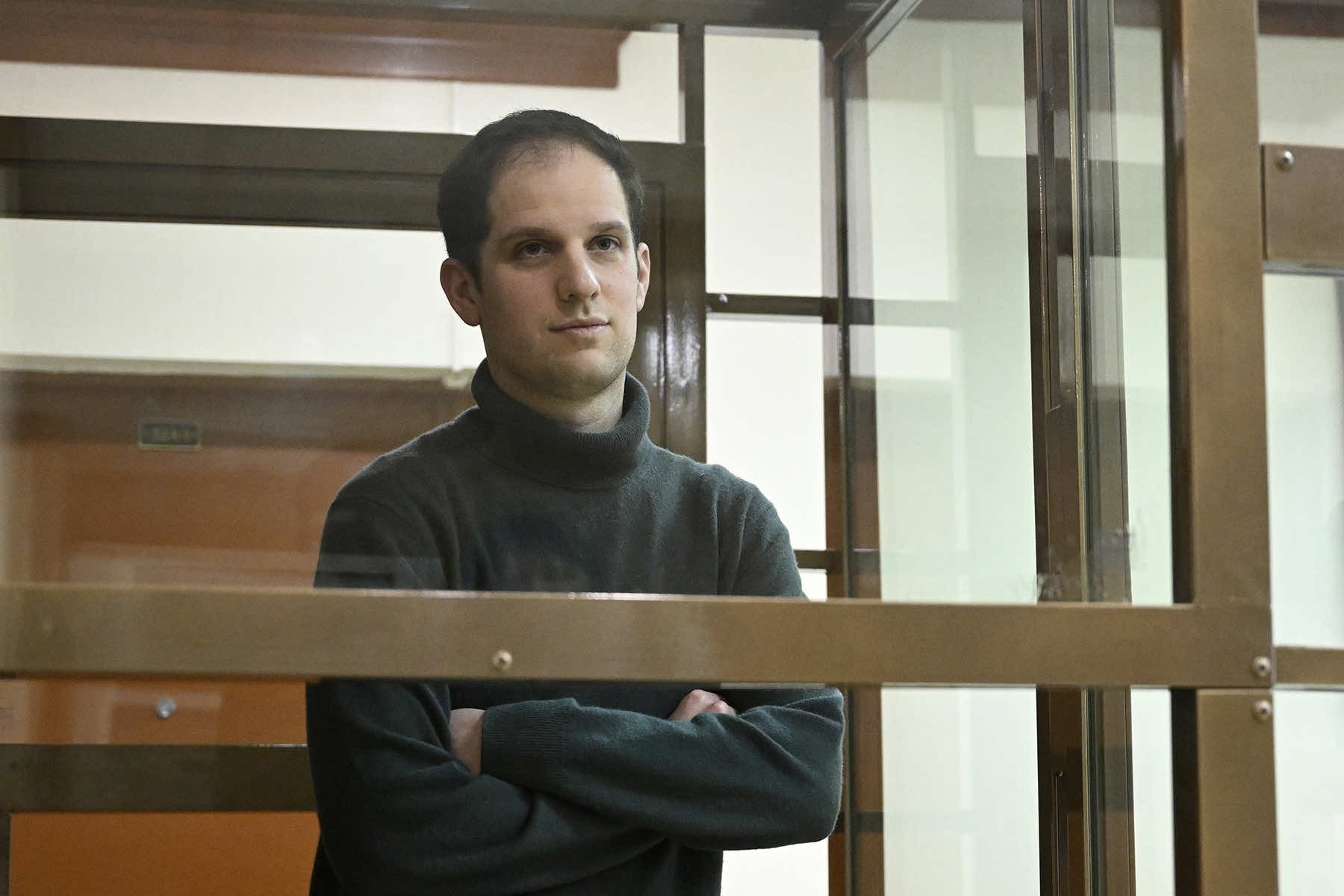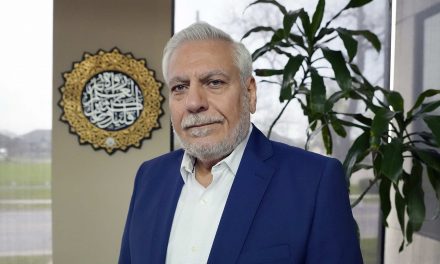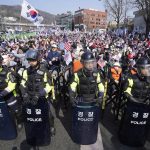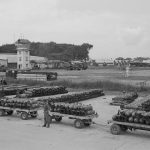
An estimated 320 journalists around the world were imprisoned because of their work toward the end of 2023, according to a report issued in January by the Committee to Protect Journalists, which called it a disturbing attempt to smother independent voices.
That is the second-highest number of jailed journalists since the committee began its annual census in 1992. It was down from 367 in 2022, due primarily to the release of many in Iran, either on bail or as they await sentencing, the committee said.
“Our research shows how entrenched authoritarianism is global, with governments emboldened to stamp out critical reporting and prevent public accountability,” said Jodie Ginsberg, the committee’s chief executive officer.
Those jailed often face gratuitously cruel conditions, and due process is frequently subverted as authorities prolong pre-charge and pre-trial detention of journalists. Russia, for example, has also persecuted journalists across borders. Even lawyers for journalists face retaliation around the world.
More than a third of the journalists in jail, according to the CPJ’s December 1 census, were in China, Myanmar, and Belarus. More than 60 journalists around the world were being held without having any charges disclosed.
Israel has emerged as one of the world’s leading jailers of journalists following the October 7 start of the Israel-Gaza war.
Israel tied with Iran for sixth place, the country’s highest ranking ever on CPJ’s annual list. Each of the 17 journalists that were held in Israel at the time of the census were Palestinians arrested in the West Bank since the start of the war between Israel and Hamas on October 7, the report said.
In a world where journalists are routinely vilified by political leaders, the majority of the journalists listed in the census face anti-state charges, such as false news and terrorism in retaliation for their critical coverage.
In Vietnam, Egypt, and other countries, even after their release, journalists continue to face travel bans, other movement restrictions, and measures that effectively curtail their freedom.
“Across the world, we have reached a critical moment. We need to see an end to the weaponization of laws that silence reporting and ensure journalists are free to report. During a banner election year, with billions headed to the polls across the world, anything less is a disservice to democracy and harms us all,” said Ginsberg.
Asia remains the region with the highest number of journalists in jail, per the 2023 prison census. In addition to the leading jailers—China, Myanmar, and Vietnam—journalists were also behind bars in India, Afghanistan, and the Philippines. India’s April 2024 election can be expected to be a test for press freedom in a country where anti-terror charges, dangerous legislation, and routine raids of newsrooms have become the norm.
Pervasive censorship in China, which has ranked as one of the world’s worst jailers of journalists for years, makes it notoriously difficult to determine the exact number of journalists jailed there. Nonetheless, the country continues to exert its censorship regime with arrests in Hong Kong following Beijing’s harsh national security law amid mass pro-democracy protests.
Twelve of the 17 nonlocal journalists who CPJ said are imprisoned throughout the world were being held in Russia. They include two U.S. citizens: Wall Street Journal reporter Evan Gershkovich and Alsu Kurmasheva of Radio Free Europe/Radio Liberty, both of whom are being held in pretrial detention.
In Europe and Central Asia, Belarus and Russia, allies in Moscow’s full-blown war against Ukraine, hold a disproportionate number of journalists behind bars. Belarusian authorities have increasingly jailed journalists for their work since 2020, following mass protests over the disputed reelection of Belarusian President Aleksandr Lukashenko. Over 70% of journalists in Belarus face anti-state charges, with almost half serving sentences of five years or more.
Russia has become adept at jailing foreign reporters, with 12 of the 17 imprisoned foreign-national journalists held globally detained by Russia, including Evan Gershkovich and Alsu Kurmasheva, both U.S. citizens held in pre-trial detention. Moscow’s transnational repression also included a spate of arrest warrants for Russian journalists living in other countries.
“To help address the challenging situations, CPJ provides journalists with financial support to cover the cost of legal fees, as well as resources intended to help journalists and newsrooms better prepare for or mitigate threats of legal harassment and action,” added Ginsberg.
The organization also makes concerted efforts to advocate for the release of journalists like those previously mentioned, whose cases could revert or stem the tide of criminalization.
© Photo
Dmitry Serebryakov (AP)














